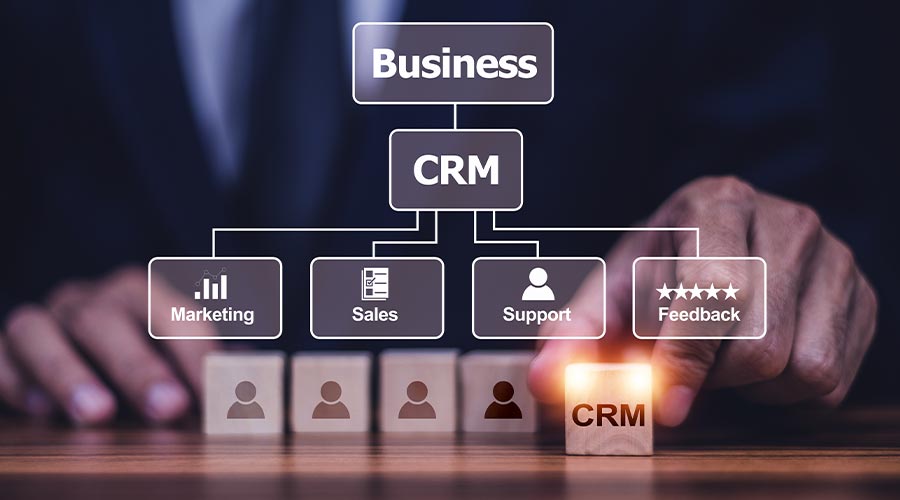
One of the most frequent questions business leaders ask is, "Which CRM should we use for our business?" Often, the underlying hope is for a solution that magically compels sales teams to engage in the most effective activities for business growth. However, seeking a customer relationship management (CRM) system to transform sales performance without robust sales processes and strong leadership inevitably leads to disappointment. The pivotal factor is not the CRM's sophistication but the effectiveness of sales management.
The most successful examples of CRM implementations share several characteristics:
1. Identify Your Objectives: Understand the purpose behind implementing a CRM. It could range from tracking leads, gauging sales effectiveness, monitoring sales activities, and forecasting sales to facilitating the sales team's tasks. Clearly defining these objectives will guide you in choosing the right CRM that aligns with your business needs. The most successful CRM implementations aim to support the company's sales process.
2. Sell the CRM's Benefits: Educate your sales team on how the CRM will simplify tasks and boost their earning potential by improving efficiency and effectiveness. Demonstrate how the CRM supports their selling efforts, helps manage customer relationships, and streamlines their workflow, allowing them to focus more on selling and less on administrative tasks. Reassure them that the CRM is a tool for their success, not a means for management to surveil their activities.
3. Build Your Process First: Never consider a CRM until you have an effective sales process. Establish clear, milestone-centric stages that reflect the progression and likelihood of closing deals. Every stage should be measurable. Having a well-defined process in place before CRM implementation is crucial. Research suggests that a structured, repeatable sales process can boost sales by up to 15 percent. Never consider a CRM until you have established an effective sales process.
4. Strong Leadership: The effectiveness of any CRM hinges on robust sales management. Your managers must learn how to coach your sales process. Managers who coach the process see high acceptance and CRM adaptation. The CRM, no matter how advanced, cannot compensate for weak sales leadership. While a strong manager can utilize a CRM to enhance coaching and accountability, a CRM system alone cannot transform a weak manager into a great coach.
5. Provide Comprehensive Training: Ensure that your salespeople receive thorough sales process training, and training on using the CRM system effectively. Note that sales process training is not CRM training. The two are distinctly different. Continuous training and refreshers can help users stay proficient and updated on new features. This ongoing education is essential for maintaining high CRM adoption and effectiveness levels.
Investing in a CRM is only the beginning. Its true potential is unlocked through strategic implementation, robust sales processes, and strong leadership. By focusing on these critical elements, your CRM can be a powerful catalyst for sales excellence and growth.
The right CRM, combined with effective management, can elevate your sales team's performance, streamline operations, and ultimately drive significant business success. By following these guidelines, businesses can ensure that their CRM investment yields substantial returns, fostering a culture of excellence and driving sustained growth.
Jim Peduto is the Managing Partner and co-founder of Knowledgeworx, LLC. Owners and CEOs rely on Jim's strategic thinking and transformational growth expertise to win market share and achieve performance gains.

 The Down and Dirty on Cleaning in Virus Season
The Down and Dirty on Cleaning in Virus Season How Surfactant Use is Expanding in Commercial Cleaning
How Surfactant Use is Expanding in Commercial Cleaning